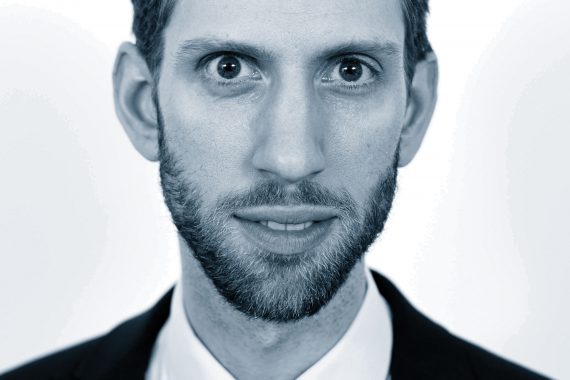Watching the junior doctors in their struggle against the Government has been a real education.
They have reframed the argument to be about patient safety and larger concerns about the direction of the health service, despite all attempts by the Government to reduce discussion to pay and working hours.
And if a recent BBC poll is to be believed, then public support is holding up so far, with 66% in favour of the strike. They are now in an even stronger position to glean concessions from ministers in the next round of negotiations.
And all this is very instructive for GPs. As I understand it, contractual negotiations between the Government and the GPC continue to meander on. Despite recent promises from the health secretary that he will end the ‘neglect’ of general practice, there is little sign of a radical deal capable of reversing the rising pressure on practices.
I am hearing about more and more practices simply closing their doors for good, and this will only put more pressure on those left behind. We are in dangerous territory for general practice.
Every practice should say they are full and cannot safely take on any more patients
So what can the profession do? As we reported last year, many LMCs have submitted motions to the special LMCs Conference at the end of the month demanding industrial action and/or mass resignation. But let’s be realistic. This is a hard message to sell.
GPs do not command the same sympathy as junior doctors and I will eat my hat if the (inherently conservative) LMCs Conference vote anything like this through as GPC policy. Boycotting the CQC would be popular, but illegal. Refusing to co-operate with appraisal would definitely send out a message, but perhaps not the right one.
I have thought long and hard about this and – for what it is worth – this is the best idea I have.
The only way forward I can see is for GP practices to declare a nationwide ‘black alert’ en masse and for all practices to close their lists. That is right – every practice should say they are full and cannot safely take on any more patients until the Government sorts out the GP shortages, funds practices fairly and drastically reduces workload dump, pointless regulation and paperwork.
Practices can do this on your own ‘informally’ (you do not want to go down the formal route as you require area team agreement) and NHS England said itself that practices could do this if there was ‘urgent action needs to be taken’ and there is a ‘sudden impact on a practice’s ability to provide patient services’.
I would suspect that most would categorise what is going on at the moment as well past ‘urgent’ and almost definitely impacting on patient care.
Hospitals are able to declare emergencies and shut their doors unilaterally, why on earth can’t general practice? Alright, the NHS can still allocate patients to you, but it will still be a lot of hassle, and will be the kind of ’grand gesture’ that will grab the right kind of headlines.
It ticks all the boxes. It is collective (Tick), about protecting patients (Tick), it will draw attention to the unsustainable way general practice is being run (Tick) and it will irritate the Government (Tick).
We have come to the point where talking is not enough. Something needs to change and fast. Are you with me?
Nigel Praities is editor of Pulse
Pulse October survey
Take our July 2025 survey to potentially win £1.000 worth of tokens













